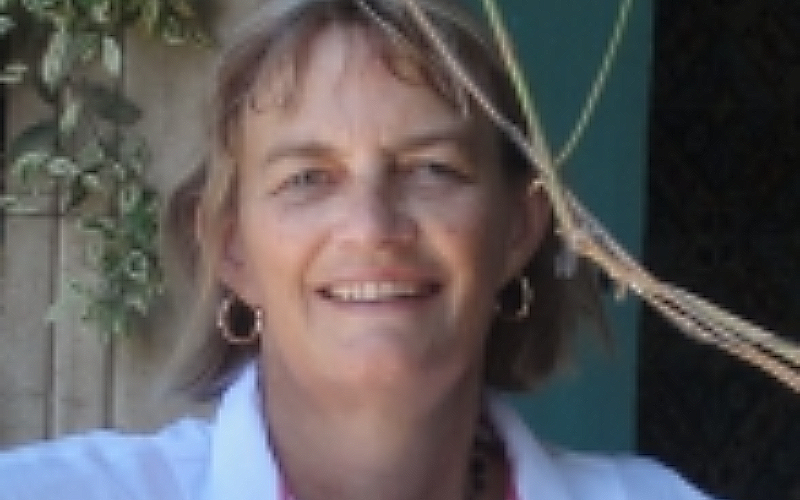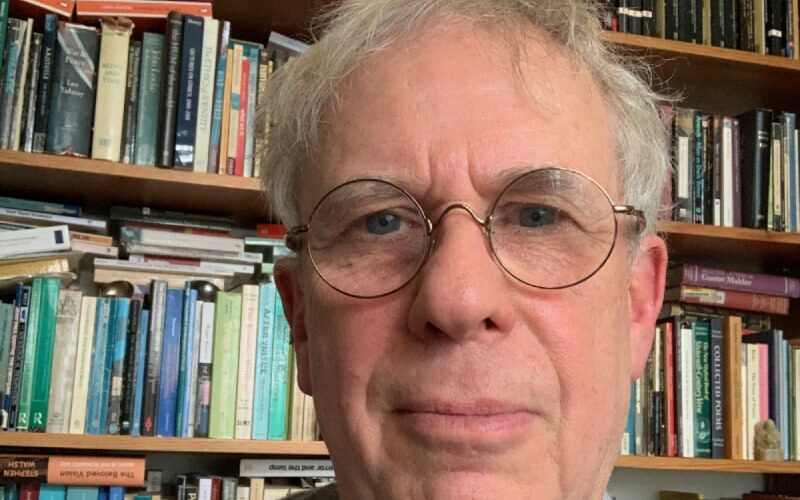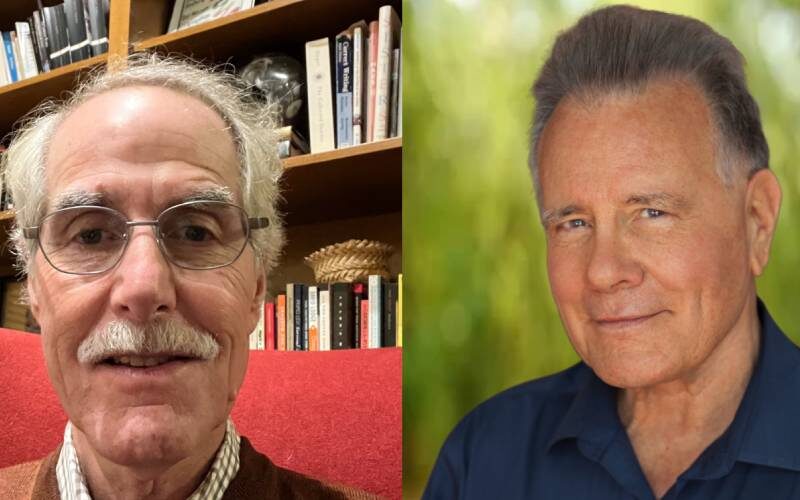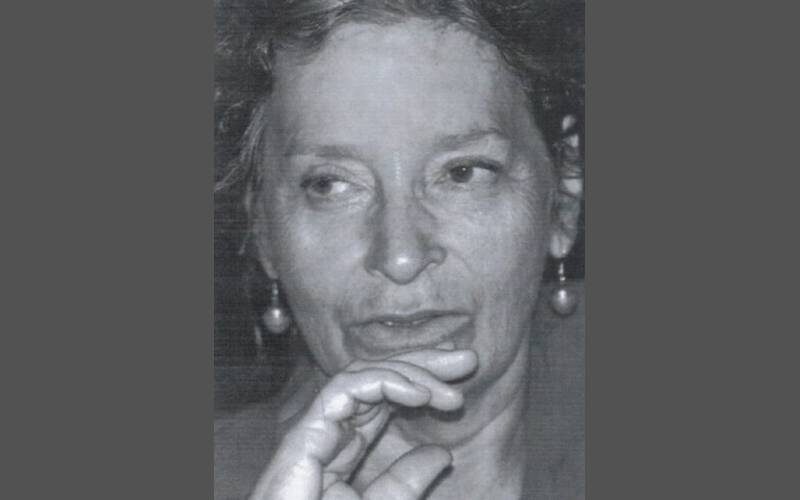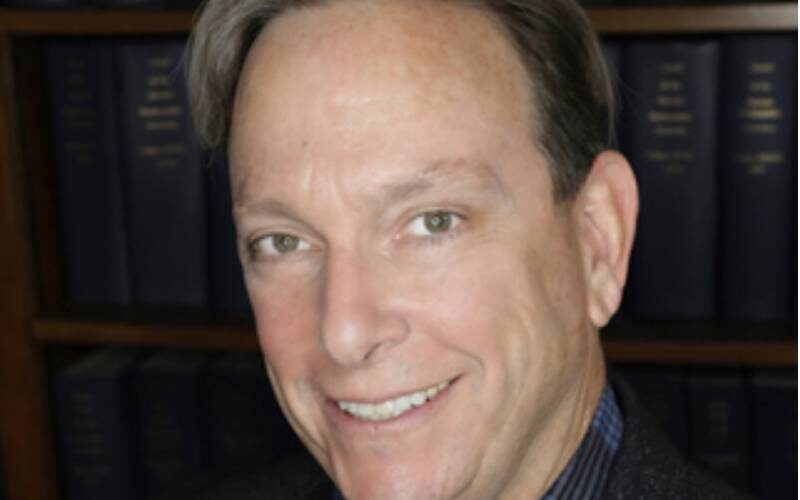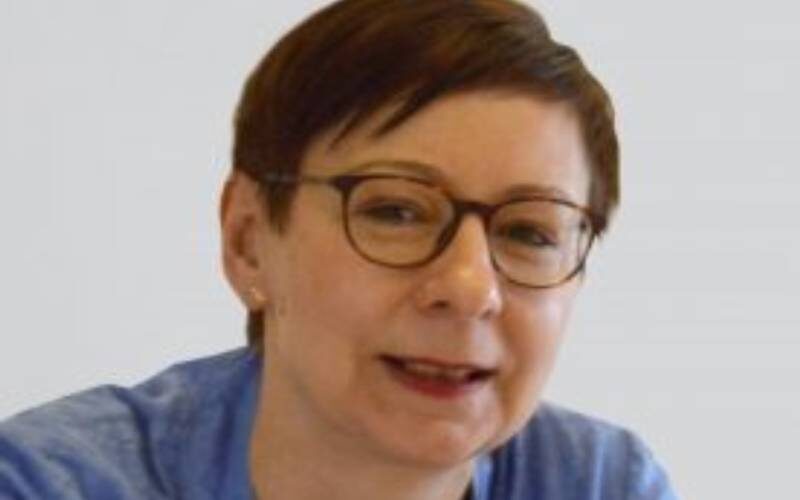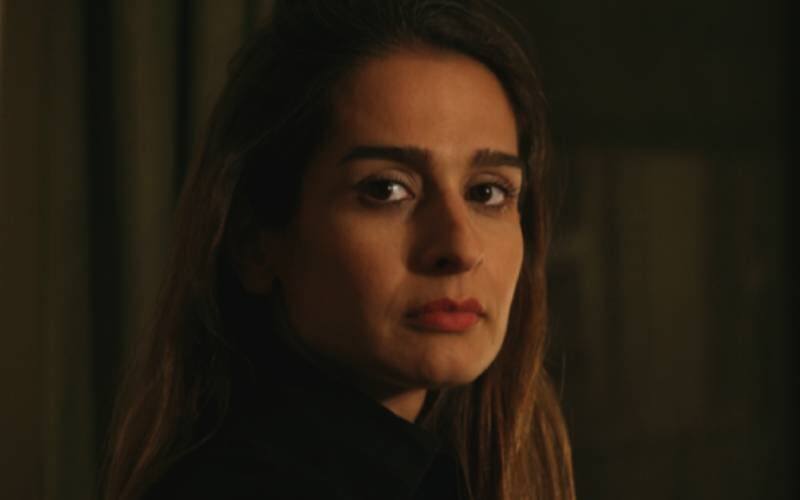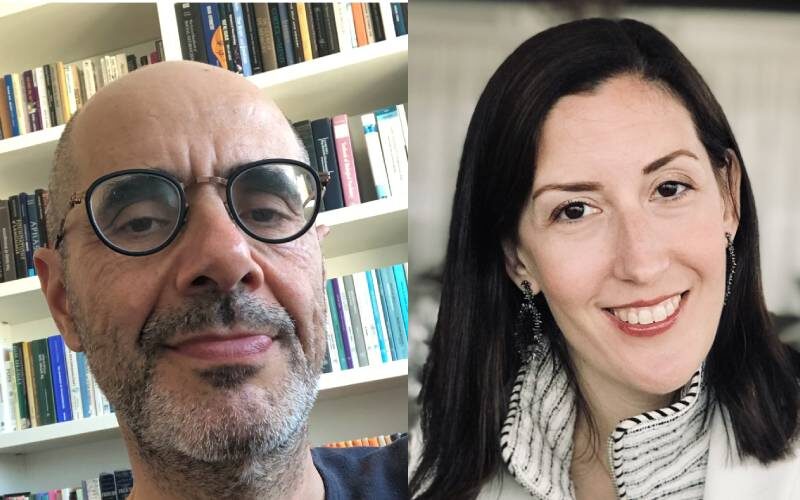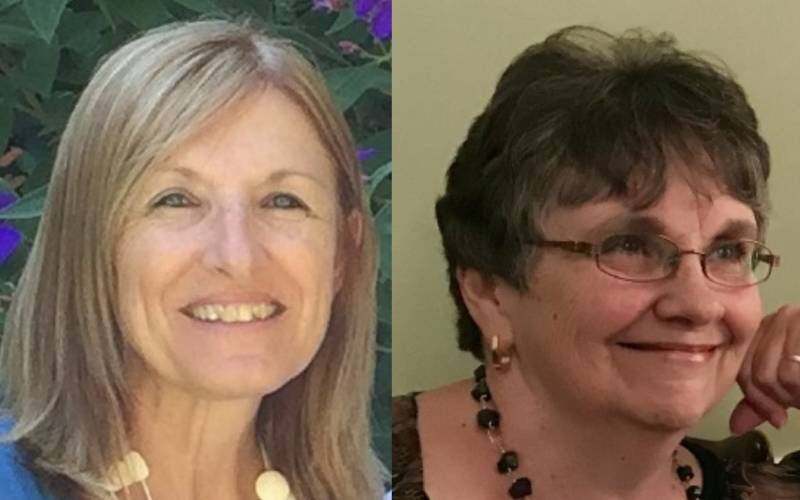Episode 134: One Analyst – Two Continents: Treatment Differences? with Jeanne Wolff- Bernstein, Ph.D. (Vienna)
“When you’re with a patient you take all that you know in your head, all the theory, and you throw it away. You have to listen to the patient and then maybe afterward something becomes clear – you use that ‘in-between’ as a way maybe in the next session. But if you were sitting there…
Read MorePodcast: Play in new window | Download

